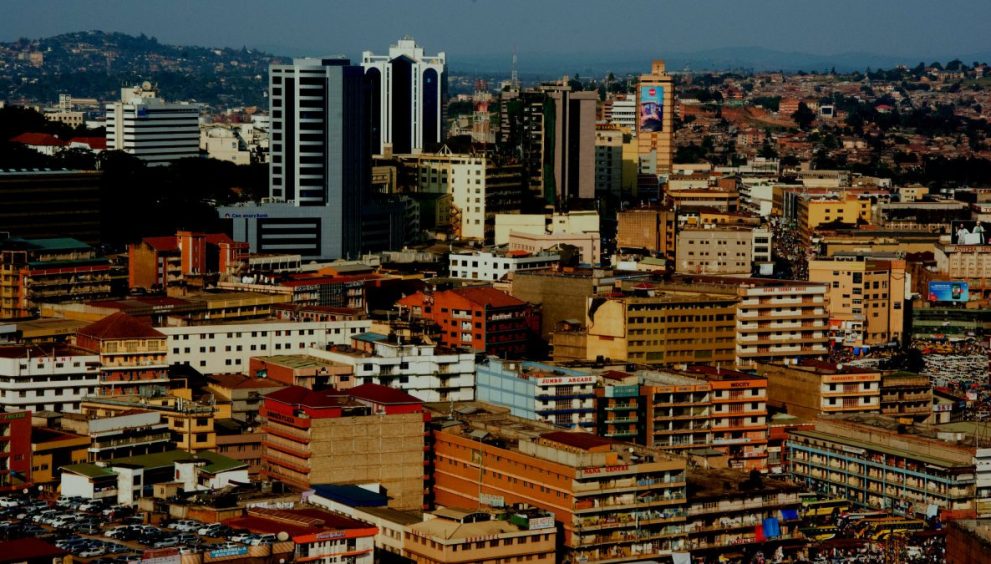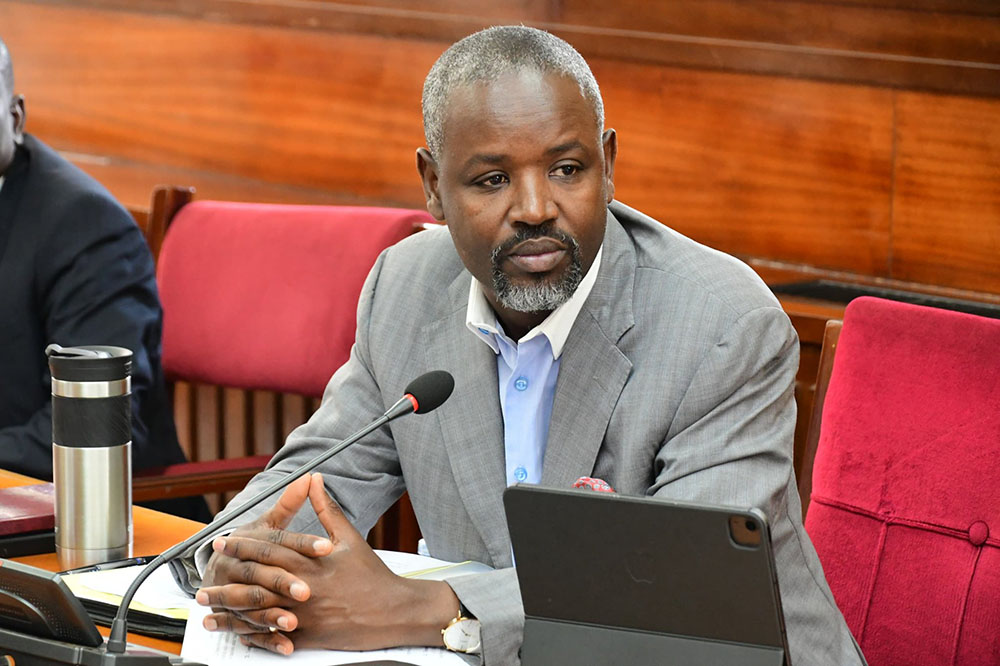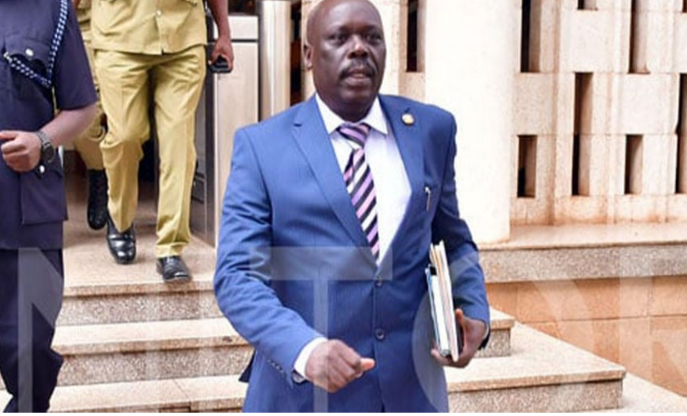Uganda to Host 11th East Africa Internet Governance Forum

The 11th East Africa Internet Governance Forum (EAIGF), scheduled for September 11-12 in Kampala, Uganda, aims to establish a multistakeholder platform addressing key issues in Internet governance. Under the theme “Building our Multistakeholder Digital Future for East Africa,” the forum seeks to foster collaboration among governments, private sector, civil society, and academia to promote innovation, security, inclusivity, and regional integration in the digital space. It emphasizes creating a robust digital ecosystem through dialogue and policy development, contributing to the sustainable development and equitable access to digital opportunities in the region.
The East African Community (EAC), in collaboration with the Internet Society – Uganda Chapter, will host the 11th edition of the East Africa Internet Governance Forum (EAIGF) in September this year. The Forum will be held from September 11-12 in Kampala, Uganda, under the theme “Building our Multistakeholder Digital Future for East Africa.”
The primary aim of the EAIGF is to establish an inclusive, multilateral, multi-stakeholder, and multilingual platform to address critical issues that enhance Internet development and governance in East Africa.
Andrea Aguer Ariik Malueth, EAC Deputy Secretary General in charge of Infrastructure, Productive, Social, and Political Sectors, encouraged ICT industry players and stakeholders to use the forum as a platform for shaping the digital integration agenda for the region.
“In the rapidly evolving digital landscape, effective Internet governance is crucial for fostering innovation, ensuring security, and promoting inclusivity. As EAC, we are committed to building a multi-stakeholder digital future where governments, private sector, civil society, and academia collaborate harmoniously,” said Ariik.
Ariik emphasised that through such collaborations, the region could create an interconnected East Africa thriving on shared knowledge, robust infrastructure, and equitable access to digital opportunities.
“Our collective efforts will empower our citizens, enhance economic growth, and strengthen regional integration, driving us toward a prosperous digital future,” he added.
Since its inception in 2008, the EAIGF has served as a crucial platform for dialogue on Internet Governance issues in East Africa.
The forum adopts a multi-stakeholder approach, bringing together representatives from government, media, private sector, civil society, and academia to shape the future of the Internet in the region. The EAIGF aims to increase awareness, build policy capacity, and enable meaningful participation in global Internet policy and governance.
Discussions from regional forums like the EAIGF feed into the Continental Internet Governance Forum, assembling contributions from across Africa to realise the multi-stakeholder model at both continental and global levels. The EAIGF follows a bottom-up approach, beginning at the National IGFs that form the foundation for the regional EAIGF.
The forum is hosted on the premise of enabling meaningful participation from developing nation partners in global Internet policy development, identified as a crucial priority in achieving an equitable and accessible Information Society. In this spirit, the EAIGF brings together multi-stakeholder representatives to shape discussions on Internet governance.
The EAIGF is part of the global UN Internet Governance Forum (IGF), providing an environment to continue dialogue on public policy issues with the goal of ensuring the sustainability, robustness, security, stability, and development of the Internet.
The 11th edition of the EAIGF will address the following issues:
Harnessing innovation and balancing risks in the digital space;
Enhancing the digital contribution to peace, development, and sustainability;
Advancing human rights and inclusion in the digital age; and
Improving digital governance for the Internet We Want.
Last hosted by Uganda in 2016, the EAIGF will also showcase Uganda’s vibrant digital ecosystem while facilitating the exchange of experiences on making the Internet work for all in the region. Uganda’s Internet landscape has seen significant developments in the last decade, driven by supportive policies, increasing infrastructure investments, and a vibrant entrepreneurial ecosystem.







